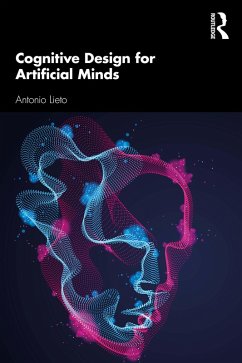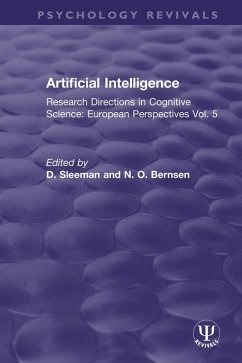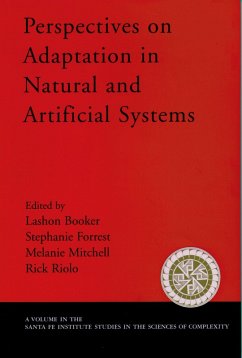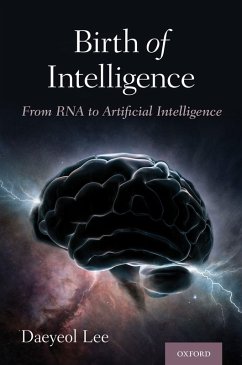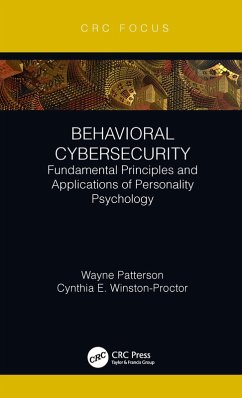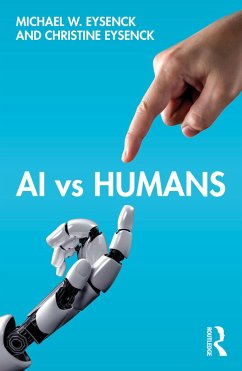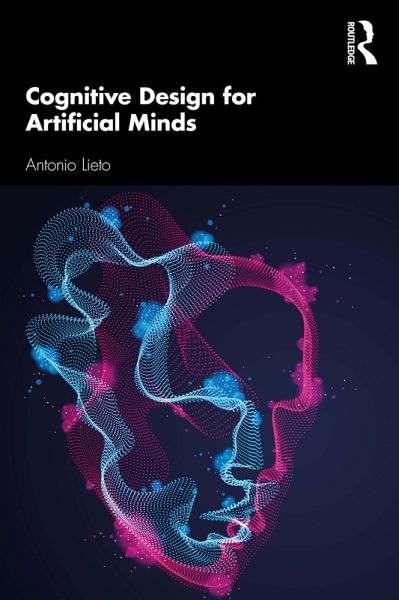
Cognitive Design for Artificial Minds (eBook, PDF)
Versandkostenfrei!
Sofort per Download lieferbar
39,95 €
inkl. MwSt.
Weitere Ausgaben:

PAYBACK Punkte
20 °P sammeln!
Cognitive Design for Artificial Minds explains the crucial role that human cognition research plays in the design and realization of artificial intelligence systems, illustrating the steps necessary for the design of artificial models of cognition. It bridges the gap between the theoretical, experimental, and technological issues addressed in the context of AI of cognitive inspiration and computational cognitive science.Beginning with an overview of the historical, methodological, and technical issues in the field of cognitively inspired artificial intelligence, Lieto illustrates how the cogni...
Cognitive Design for Artificial Minds explains the crucial role that human cognition research plays in the design and realization of artificial intelligence systems, illustrating the steps necessary for the design of artificial models of cognition. It bridges the gap between the theoretical, experimental, and technological issues addressed in the context of AI of cognitive inspiration and computational cognitive science.
Beginning with an overview of the historical, methodological, and technical issues in the field of cognitively inspired artificial intelligence, Lieto illustrates how the cognitive design approach has an important role to play in the development of intelligent AI technologies and plausible computational models of cognition. Introducing a unique perspective that draws upon Cybernetics and early AI principles, Lieto emphasizes the need for an equivalence between cognitive processes and implemented AI procedures, in order to realize biologically and cognitively inspired artificial minds. He also introduces the Minimal Cognitive Grid, a pragmatic method to rank the different degrees of biological and cognitive accuracy of artificial systems in order to project and predict their explanatory power with respect to the natural systems taken as a source of inspiration.
Providing a comprehensive overview of cognitive design principles in constructing artificial minds, this text will be essential reading for students and researchers of artificial intelligence and cognitive science.
Beginning with an overview of the historical, methodological, and technical issues in the field of cognitively inspired artificial intelligence, Lieto illustrates how the cognitive design approach has an important role to play in the development of intelligent AI technologies and plausible computational models of cognition. Introducing a unique perspective that draws upon Cybernetics and early AI principles, Lieto emphasizes the need for an equivalence between cognitive processes and implemented AI procedures, in order to realize biologically and cognitively inspired artificial minds. He also introduces the Minimal Cognitive Grid, a pragmatic method to rank the different degrees of biological and cognitive accuracy of artificial systems in order to project and predict their explanatory power with respect to the natural systems taken as a source of inspiration.
Providing a comprehensive overview of cognitive design principles in constructing artificial minds, this text will be essential reading for students and researchers of artificial intelligence and cognitive science.
Dieser Download kann aus rechtlichen Gründen nur mit Rechnungsadresse in A, B, BG, CY, CZ, D, DK, EW, E, FIN, F, GR, HR, H, IRL, I, LT, L, LR, M, NL, PL, P, R, S, SLO, SK ausgeliefert werden.




